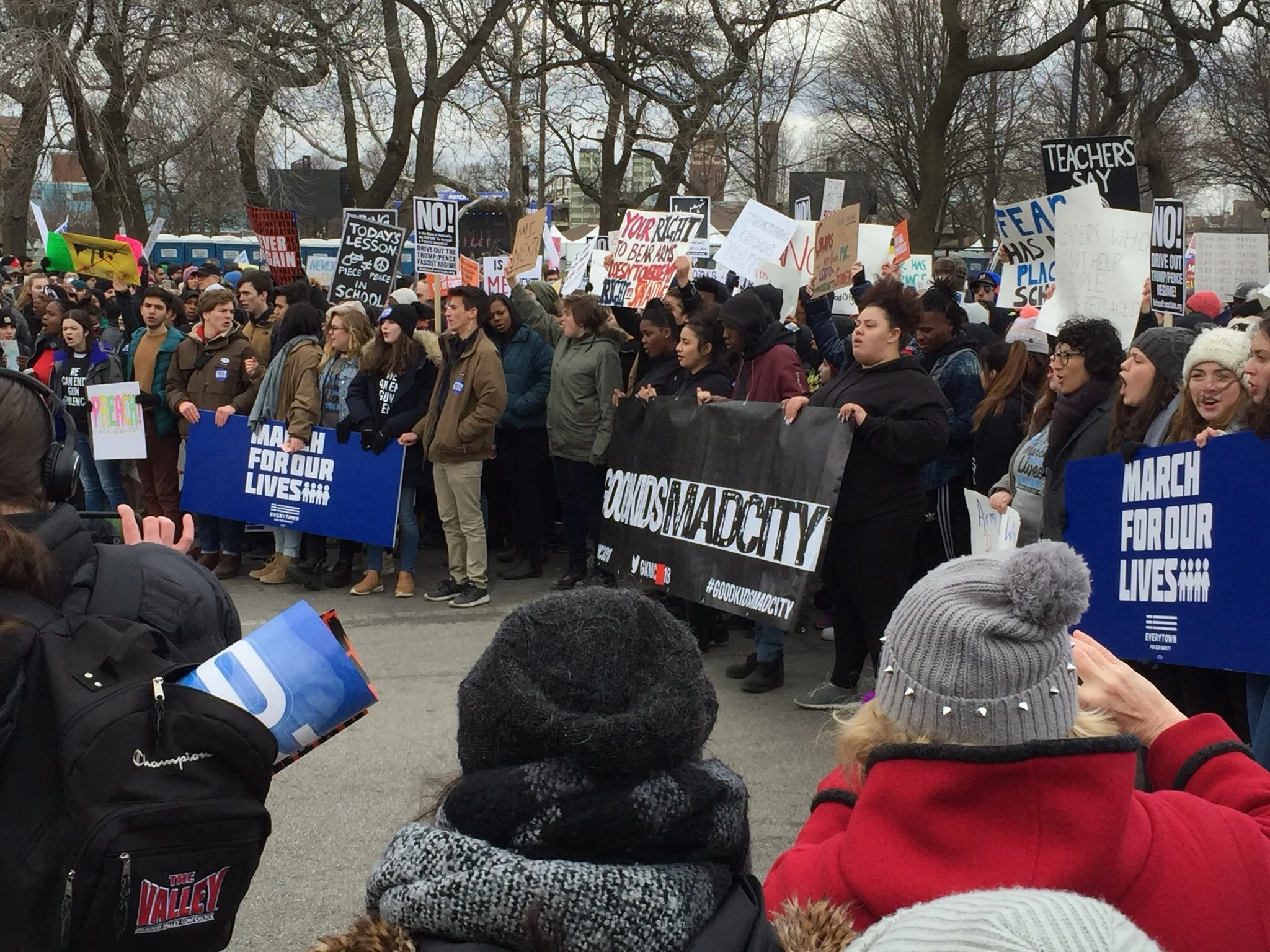Research
My current priority is a Ph.D. dissertation project at the intersection of organizing, social movements, information technologies, sense of community, and organizational theory. I examine the effects of digital organizing technologies on the power-building efforts of people-powered movements, focusing on the processes of recruitment and retention as key sites of negotiation. I expect to defend in June 2026.
Various research projects are described in the drop-downs to the right.
Publications
Sarkar, Sonia, Jane Booth-Tobin, Ryann Schutt, Alexandra W. Dildine, Melanie Brazzell, and Elizabeth McKenna. (2021). “Social Homes as Sources of Power for Health Equity.” The P3 Lab: Johns Hopkins University SNF Agora Institute.
McClelland-Cohen, Avigail, Hahrie Han, and Alexandra W. Dildine. (2020). “Community-based Action to Advance Health Equity in the Tobacco Control Movement.” Report for the Lead Local Initiative of the Robert Wood Johnson Foundation. Johns Hopkins University SNF Agora Institute.
-
Dissertation project
Scholars and practitioners alike heralded the advent of affordable, accessible digital tools as the beginning of a newly democratic era, but instead the integrity of core, supposedly steadfast democratic institutions has faltered. Do digital technologies enable or hinder the schools of democracy that educate and train the public to self-govern? This dissertation sheds light on the ways in which the digital age has affected grassroots collective action, particularly the degree to which civic organizations can be a vehicle for public voice and a check on concentrated power. I study organizations’ approach to two key features of membership building — recruitment and retention — and new efforts to build and sustain online communities of action.
-
We know that relationships are critical for compelling and sustaining collective action on civic projects. Digital technologies have made participation in such projects more accessible and streamlined than ever by reducing coordination costs and increasing organizational capacity; but do they facilitate meaningful relationship building? Under what conditions? I am currently working with digital organizers to establish theories of what does — and doesn’t — work, and developing field experiments in collaboration with community organizations to test those theories.
-
Research suggests that symptoms of depression are linked to a retreat from civic engagement. The last decade and a half have seen a spike in rates of social isolation and clinical depression. How does this trend affect civil society and our ability to foment grassroots collective action? What can organizers do to draw people into a network of meaningful relationships built on civically based common goals?
-
Despite worrying increases in social polarization and expressed approval of political violence, Americans share much common ground on issues and policy. This is especially true at the local level. How, then, do we encourage people to come together across difference to solve public problems? What are the characteristics of the spaces where this happens successfully that can be applied at a broader scale?
